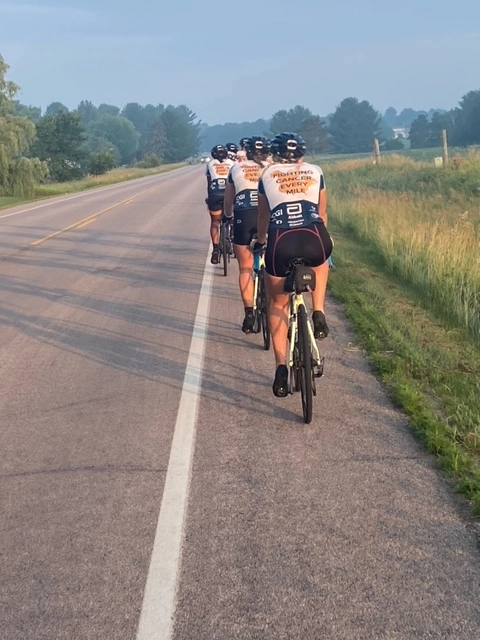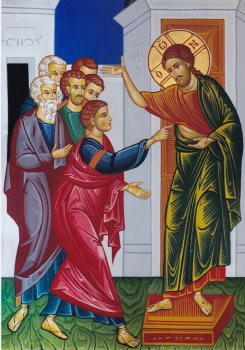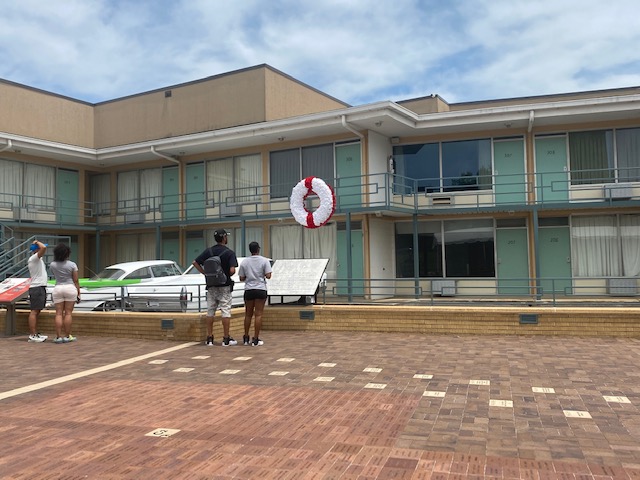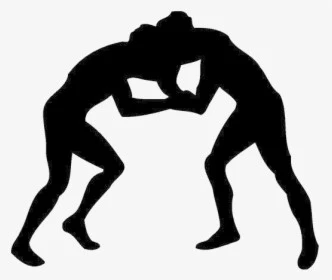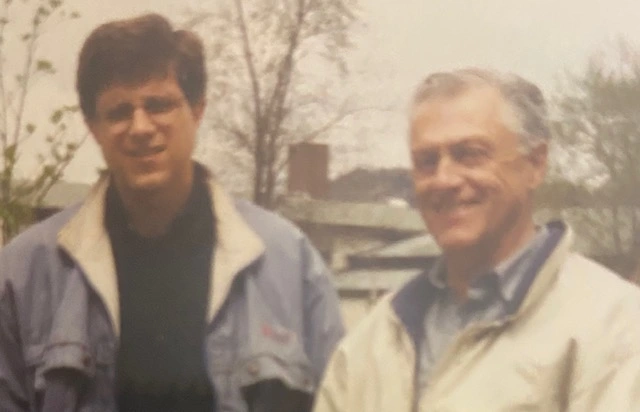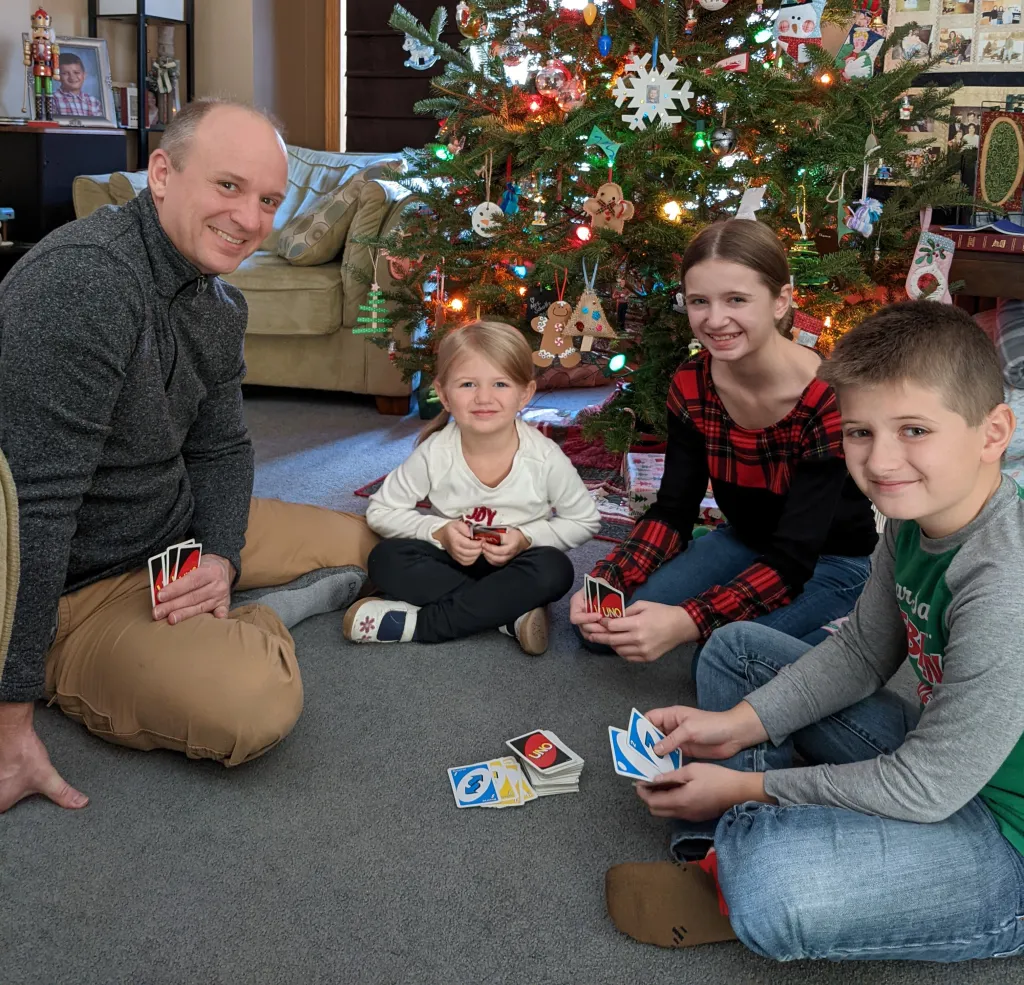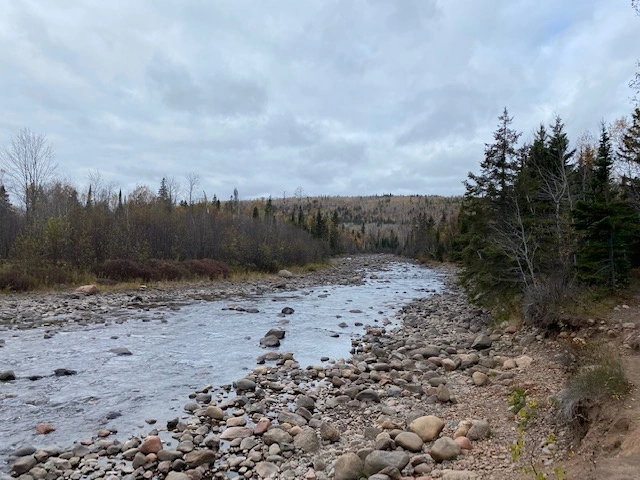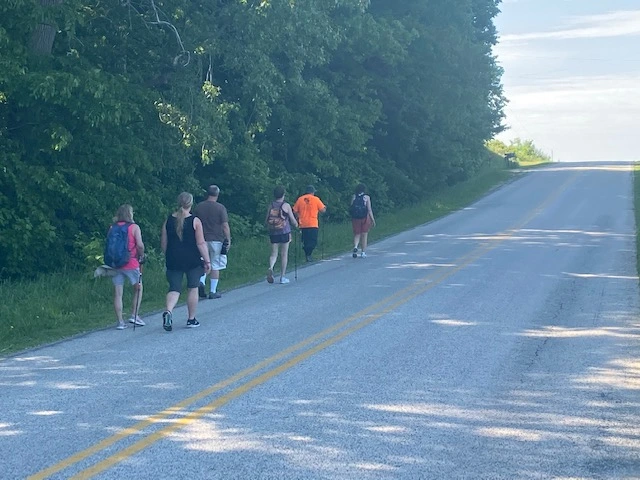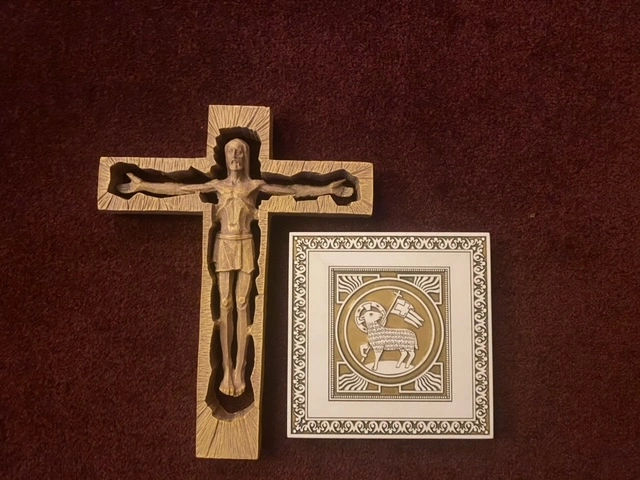They gathered in a large circle at 5:30 AM in our church parking lot. The circle was wide enough for all 26 of them, and each had the opportunity to name a person to whom they wished to dedicate the day’s 113-mile ride. One of them named our church member and her children who fed the whole crew the night before. Another dedicated her ride to her father, because, she said, “He would think that what we are doing here is really great.”
Then they separated and went to their bicycles, and readied themselves for the journey. On the back of each person’s jersey, written across a map of North America were these words: FIGHTING CANCER EVERY MILE. It turns out that each of these riders had at least three things in common. They were between the ages of 19 and 25. They had family members who died of cancer or are living with cancer. They were part of the group “Texas 4000,” which annually organizes 4000-mile rides from Austin, Texas to Anchorage, Alaska to raise money for cancer prevention and treatment.
With a shared history of pain and loss, they were nonetheless joyful, and their joy was infectious. They were only with us for 10 hours, arriving at 7:30 PM and leaving at 5:30 AM, but all of us who talked with them were inspired by their idealism and their love for one another. Even our breakfast cook, who was surprised to hear the night before that they needed breakfast at 4:30 AM (!!), left church that day with a full heart.
I was inspired to the point that I asked if I could join them on their ride, knowing I would have to turn around at some point. They thought that was a fantastic idea. Before I knew it, I was part of the first flite of six making our way down 11th Street, to Cameron, and then west on County Road E. We rode single file, and so did not talk much, but the lead biker was a big Taylor Swift fan, and he blasted her songs through a compact loudspeaker strapped to his back. Even though I was going on four hours sleep and the scrambled eggs were still churning in my stomach, I felt about as good as I can feel during those 40 minutes with them.
When it was time for me to turn back and leave my spirit-filled peloton, I sprinted ahead of them saying good-bye to each one as I passed. I got off my bike in time to take a photo of them in motion, smiling against the morning sun. Each waved, smiled and said thank you. I gave them a thumbs up. I returned by the same road we had traveled, and so, a few minutes apart, I passed the other two groups who were speeding westward while I moved east. Waves, smiles, thank-you’s. And then I was alone.
My joy almost immediately turned to deep sadness. The adrenaline fueling my pedaling diminished. In truth, I wanted to stay with them, and share their joy and exhilaration for the next 35 days, or lest ten more miles. I imagined the depth of companionship they would have after their 70 days and 4000 miles together. I remembered a similar feeling of joy when I was a young adult during a week of service with others in poverty-stricken eastern Kentucky. There is something truly powerful about the experience of doing good things, not only for others but WITH others. And, like now on the road alone, I was sad when that week in Kentucky ended and we went our separate ways.
I finished my ride at a slower pace, grateful for these young people. They had reminded me of something very important. Pain and grief do not have to be one-way, dead end streets. Knowing our own pain and vulnerability, we can turn toward others with compassion, form real friendships, and together seek to ease the suffering of others. It seems that is what Church should be all about. Realizing this gave me hope, and gave me the needed energy for the rest of the journey home.
